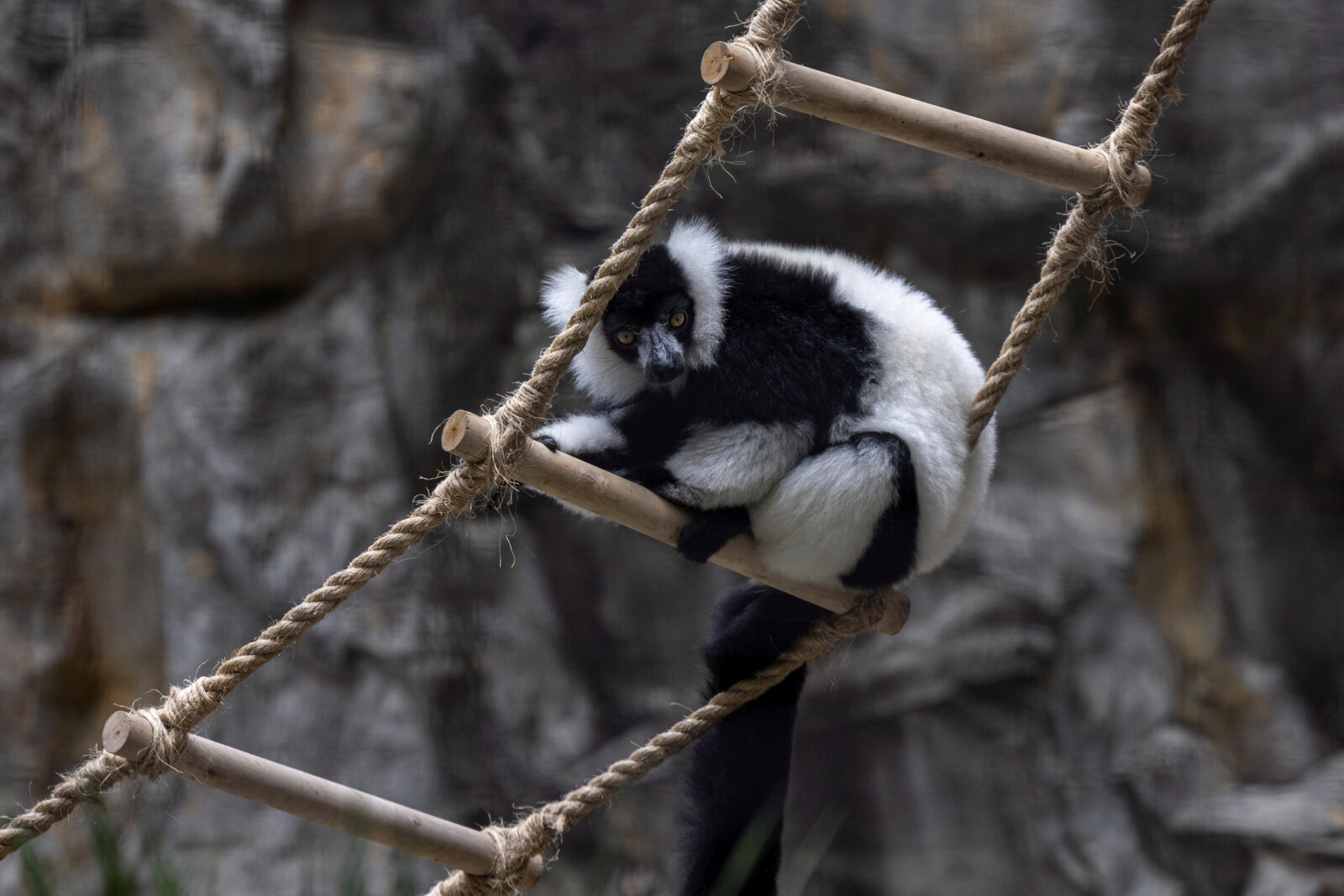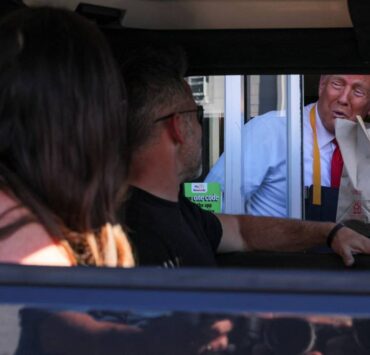Soil infection killed monkeys at Hong Kong zoo–authorities

HONG KONG—Melioidosis, a bacterial infection, was responsible for killing at least nine monkeys at a Hong Kong zoo, authorities said, as a further two died over the weekend, taking the total to 11 in the past week.
Part of the zoo, built in 1860 and the oldest park in Hong Kong, has remained shut since Oct. 14 when authorities reported the first batch of monkey deaths.
Housed in five separate cages, the deceased monkeys included the De Brazza species as well as one common squirrel monkey, cotton-top tamarins and white-faced sakis.
Authorities said nine monkeys died of sepsis after catching melioidosis. Autopsies found a large amount of the melioidosis-inducing bacteria in the monkeys’ organs, which likely came from soil near the monkeys’ habitat, they said.
Further tests are needed to determine the cause of death of the latest two monkeys.
Contaminated
Culture and tourism minister Kevin Yeung told broadcaster RTHK that works at the zoo required digging up the soil near where the monkeys lived. Workers were believed to have brought contaminated soil into the cage through their shoes, he said.
The bacteria is common in moist clay soil. It is unlikely to be passed from animals to humans, authorities said.
Reuters, the news and media division of Thomson Reuters, is the world’s largest multimedia news provider, reaching billions of people worldwide every day. Reuters provides business, financial, national and international news to professionals via desktop terminals, the world's media organizations, industry events and directly to consumers.
















